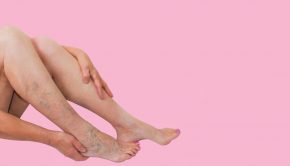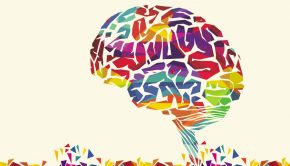Testing Our Hydration IQ
by Ronica O’Hara
Myths abound regarding proper hydration—many of them encouraged by purveyors of bottled water. Gauge personal
hydration know-how by answering these true-or-false questions.
- If we’re thirsty, we’re already dehydrated. True. Our kidneys let us know when we need water by sending a “thirsty” message to the brain. “If you ignore that warning, it will go away and other symptoms will occur, such as headache, brain fog, muscle cramps and dry, cool skin, making the dehydration more serious,” warns Chiropractor Livia Valle, of Valins Chiropractic, in Smithtown, New York.
- We must drink eight glasses of water every day. False. Eating fruits and vegetables also bolsters hydration (watermelon and spinach are almost 100 percent water by weight), as do milk, juice and herbal tea, advises the Mayo Clinic.
- It’s impossible to overhydrate. False. Although rare, hyponatremia can result from some diseases, medications and consuming too much water too quickly, causing sodium (salt) levels to plummet; this can lead
to nausea and coma, to which marathon runners can be prone (WebMD.com). - Electrolyte-enhanced drinks beat out water. False. Experts say that for most people most of the time, plain water hydrates just as well, which is good news, considering the sugar and artificial dyes in Gatorade and similar electrolyte drinks. Even for athletes, hydrating with electrolytes is called for only after more than an hour of intense, sweaty exercise, according to the American College of Sports Medicine. If concerned about hydrating on an active, steamy day, consider stirring additive- and sugar-free electrolyte tablets or powder into water
- Caffeine causes dehydration. False. A UK University of Birmingham study of 50 people that drank three to six cups of coffee daily found no significant effects on hydration—perhaps because the water in coffee and tea makes up for any dehydrating effects.
- The volume of urine is a better hydration indicator than its color. True. “Urine color varies based on many factors, including diet,” says exercise physiologist Mary Jayne Rogers, Ph.D., of Albuquerque, New Mexico. “But if you are not producing much urine, it can be a sign that your body is clinging to water and may need more.”
<












